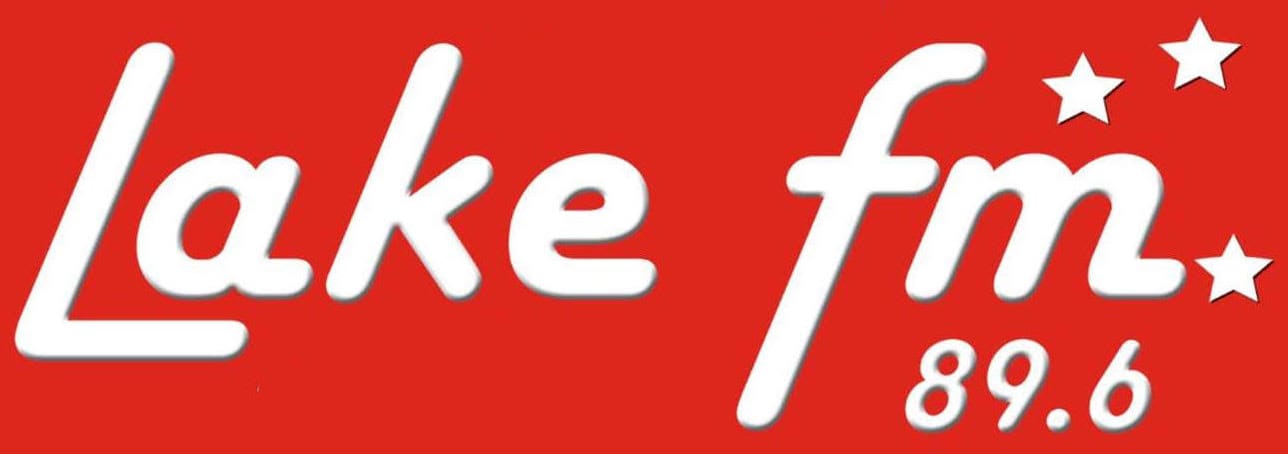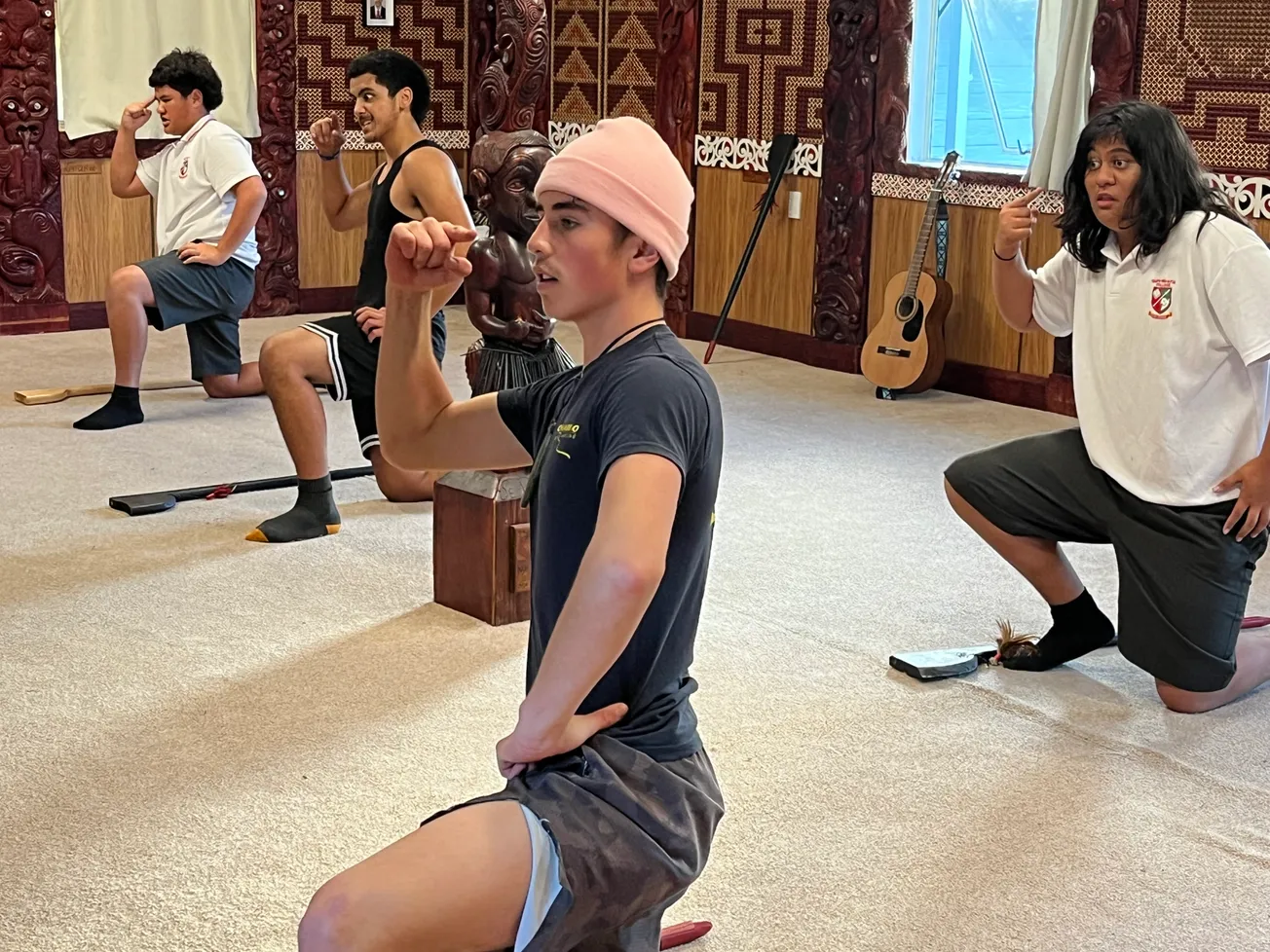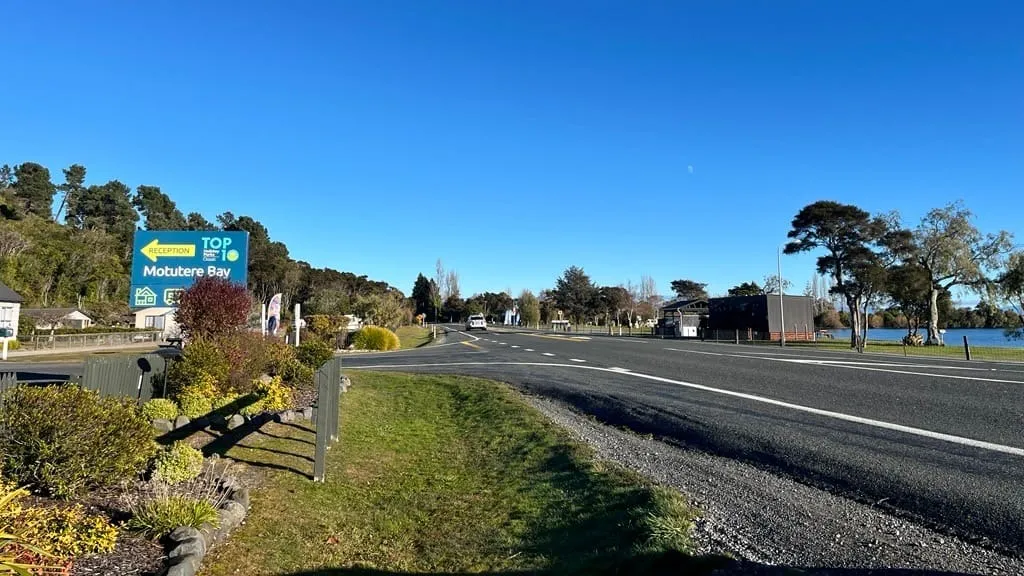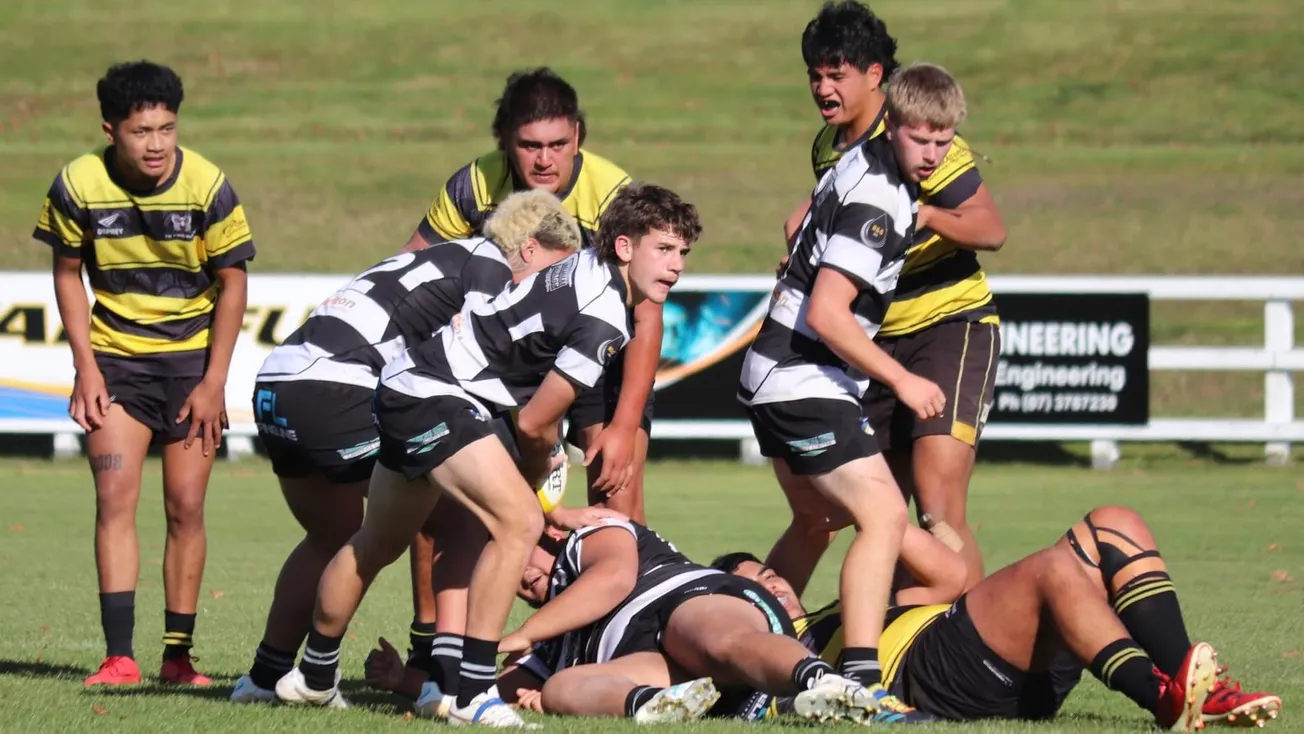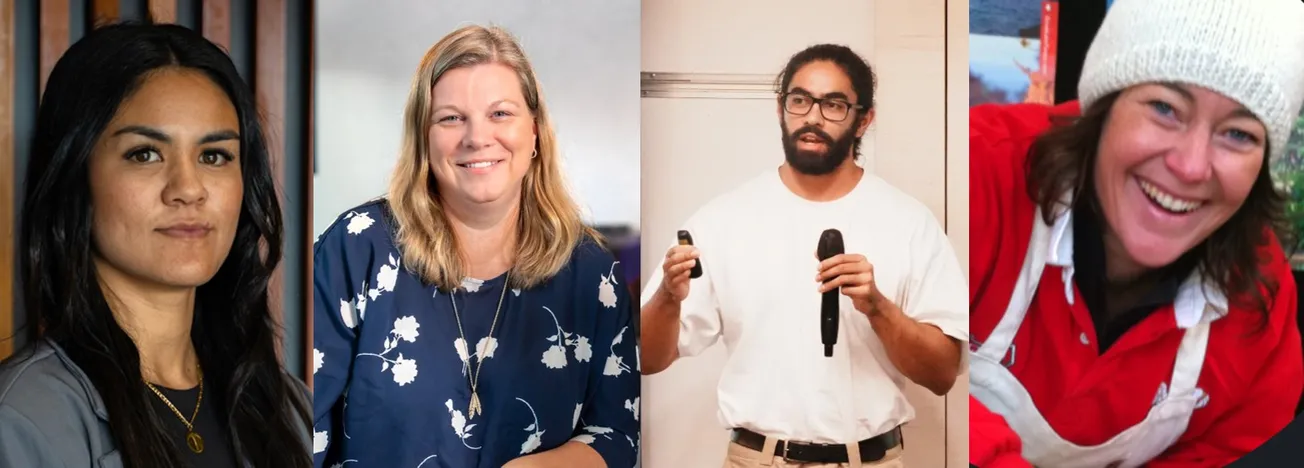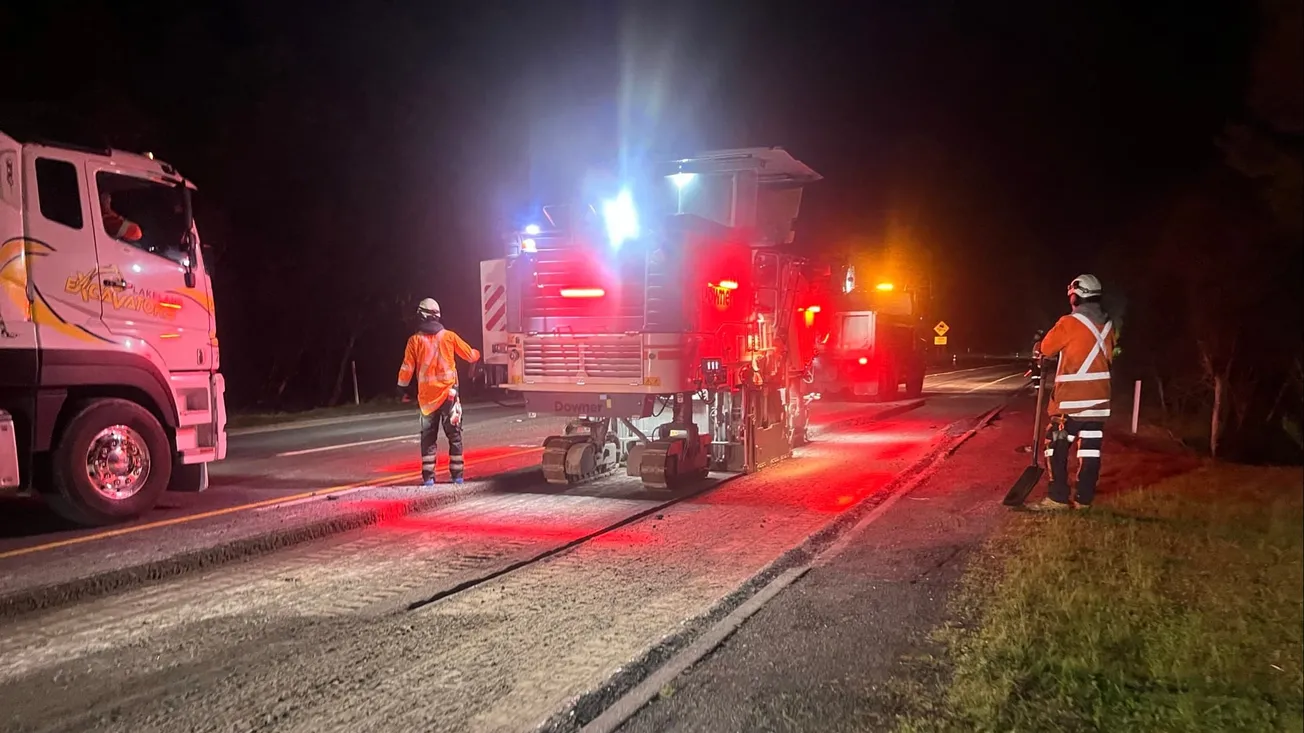Twenty college students will head away on a journey of discovery and reconnection at the end of term two.
The kapa haka group from Taupō-nui-a-Tia College, including one Tauhara College student, will head to Rarotonga in late June early July.
“It's kind of like what we did in the past, walking our ancestor’s footsteps, and it's kind of going back to grass roots too,” said Geoff (Snow) Rameka, trip organiser and leader.
One of the important visits would be to a memorial at Muri Beach, said Rameka, a teacher of te reo Māori and Māori Performing Arts and tutor of the college kapa haka group, Te Awhiorangi.
“And go down to what they call the passage, where the waka swept out onto the Pacific Ocean and all made their way to Aotearoa, so that's a significant thing.”
According to New Zealand Māori tradition, Kupe, the discoverer of Aotearoa, visited Rarotonga, and the Māori migration canoes Tākitimu, Te Arawa, Tainui, Mātaatua, Tokomaru, Aotea, and Kurahaupō passed through on their way to Aotearoa with Muri Beach the last stopping off point.
“Where did our ancestors come from? They came from Rarotonga, and they came from Samoa, Tonga, Tahiti in that central Polynesia area…
“When we talk about our ancestors coming to Aotearoa, Rarotonga was where they were prior to being here… it's a really, really important place for us. So, it's taking our students back to see that place, to be on that beach or at that area and see the spot where their ancestors departed from.”
Rameka said the group, made up of a mix of juniors and seniors, would also be visiting various schools in Rarotonga to interact with their local counterparts.
“On a couple of occasions, they’ll spend the morning at one school and the afternoon at another school. And the idea is interaction, language, stories. One of the keys that I want to have the opportunity to do, is to have our history told by them. Not our version of our history, but their version.”
There would also be some performances and other activities.
The students led by college head student Tawhai Donaldson were working well, said Rameka.
“They're a good bunch.
“We'll be going for hikes up two of their important peaks, Te Rua Manga, the Needle, and Ikurangi on the other side. So, yeah, they're going to be very busy. They don't realise they're going to be busy.”
A veteran of five previous Pacific trips with students, Rameka said he had learned from experience when it came to the students engaging in sport on the trips.
“We’re gonna hammer them and then in the last minute, we'll lose to them so that they can retain their mana.
“I've got this plan. I practiced it on the Hawaiians and if you beat them up, then they don't like hosting you but if you let them win in the end, because they feel like they've won, they'll give you everything.”
Fundraising for flights, accommodation, insurance and the bus to and from Auckland had all been done, he said.
“Now we're down to the most important thing, food money. Our stomachs.”
A grant from Tauhara Geothermal had helped substantially with this, Rameka said, but the group which will be accompanied by four adults, was also running the odd hangi fundraiser as a top up.
